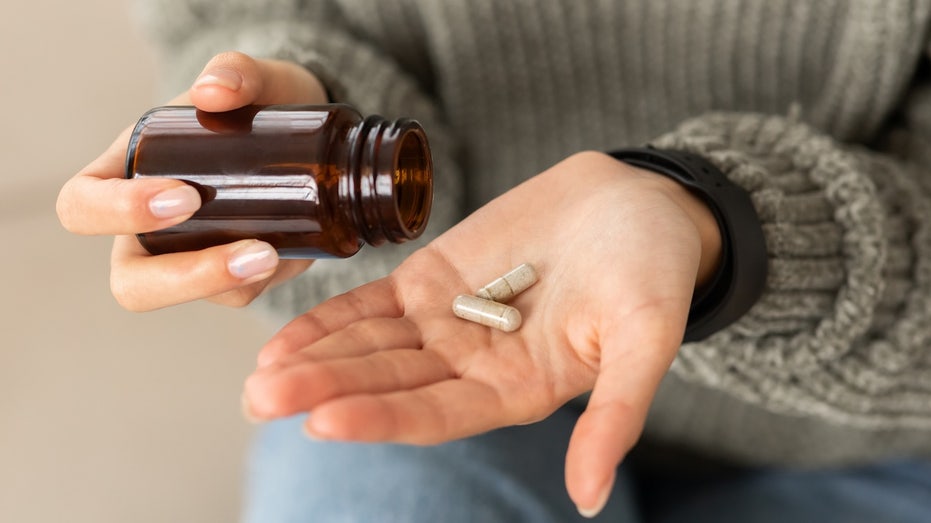New Studies Reveal Common Supplements and Medications Pose Risk of Liver Damage
Rising cases of drug-induced liver injury highlight hidden risks in common medications and supplements, threatening vulnerable groups.

As cases of drug-induced liver injury (DILI) continue to climb, medical professionals are sounding alarms about underappreciated dangers posed by both prescribed medications and over-the-counter supplements. Recent data highlights an unsettling trend: DILI, also known as toxic hepatitis, has become a leading cause of acute liver failure in Western nations, with rates steadily increasing since the 1960s.
Recent research now estimates that approximately 20% of people prescribed medications will experience some form of liver injury. The spectrum of potential triggers is broad, including not only pharmaceutical drugs but also herbal products and dietary supplements, many of which are perceived as harmless or "natural" by the public.
"People often underestimate the liver risks associated with common supplements and medications," noted one expert, adding that individuals with pre-existing liver conditions, nutritional deficiencies, or those who are pregnant face heightened vulnerability. The liver plays a crucial role in metabolizing substances ingested orally—a process that, when impaired or overloaded, can result in significant organ damage.
Alarmingly, even pharmaceuticals that have undergone rigorous FDA approval may, in rare cases, produce dangerous liver side effects. Patients often remain unaware until they begin to exhibit symptoms such as nausea, loss of appetite, abdominal pain, itching, dark urine, or jaundice. Many, however, show no signs at all, making early detection difficult.
It is not just prescription or over-the-counter medications under scrutiny. Cases of DILI linked to herbal or dietary supplements (HDS) have sharply risen—tripling between 2004 and 2014, according to recent studies. Popular supplements implicated include turmeric, kratom, green tea extract, and Garcinia cambogia, all of which have been associated with serious—sometimes fatal—liver injury. Estimates suggest that more than 15 million U.S. adults have used at least one of these high-risk botanical products recently.
Medical experts warn that the marketplace for supplements lacks the strict regulatory oversight given to prescription drugs, resulting in inconsistent dosages and ingredient concentrations. "The biggest problem with herbal supplements is that the amount you are taking of active chemicals isn’t strictly regulated, so you don’t know exactly what you are getting," cautioned one physician. Metabolism of these compounds through the liver means that users risk accidental overdose and toxicity.
Some supplements, such as red yeast rice, offer cholesterol-lowering benefits akin to statins, but again, dosing inconsistencies and unmonitored intake pose substantial risks. Similarly, the seemingly innocuous green tea extract can produce toxic effects when consumed in concentrated supplement form, despite its antioxidant properties as a beverage.
The FDA maintains that it does regulate dietary supplements, but acknowledges the framework is markedly different and often less stringent than regulations imposed on conventional foods and drug products. This leaves much of the safety and labeling responsibility in the hands of manufacturers, raising further concerns about consumer protection.
As the prevalence of DILI linked to medications and supplements grows, health officials emphasize the importance of public education, careful monitoring, and doctor oversight—especially when using multiple medications or supplements concurrently. The message is clear: while alternative and supplemental therapies may offer certain health benefits, they also carry hidden dangers that should not be underestimated.




